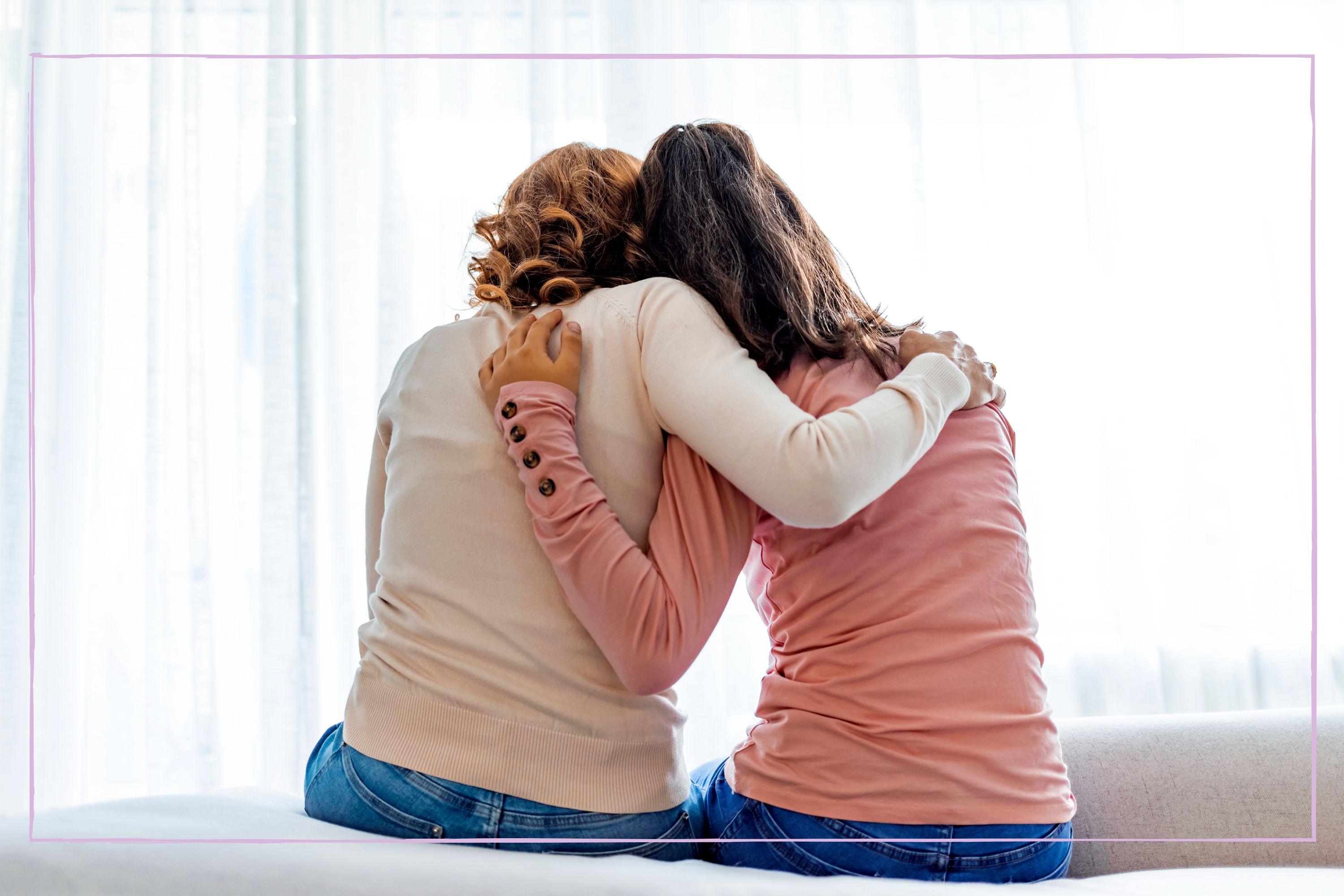Is your teen part of the ‘anxious generation?’ This is what experts have to say about protecting their mental health
These expert-approved tips can help parents protect their kids' happiness

As feelings of 'sadness or hopelessness' rise in teenagers across the globe, experts have revealed what they believe is behind the anxious generation's worries and shared how parents can protect their kids' mental health.
We might talk about mental health and childhood mental health more so today than ever before, but understanding it and protecting kids from it can still be incredibly difficult. Half of Gen Z say their parents 'don't take their mental health concerns seriously' despite the fact that one in five 16–25-year-olds miss school or work due to poor mental health. And that's not to mention the growing concerns over how early exposure to social media will impact today's kids as they grow into teens - there's so much still to learn.
Studies are attempting to understand the scale of the problem. The Centers for Disease Control’s Youth Risk Behaviour Survey found that, between 2011 and 2021, the number of young people who had experienced “persistent feelings of sadness or hopelessness” rose steadily over those years, reaching 42% in 2021. That's nearly half of all young people struggling with their mental health.
The data, among other research, has led social psychologist Jonathan Haidt to coin the term the 'anxious generation.' With so many teenagers struggling, he has dedicated his life's work to figuring out why teen mental illness has hit so many countries at the same time, with teenagers who have seemingly no connection to each other all experiencing an epidemic of mental health struggles like depression and anxiety.
His main hypothesis is that technology is behind the rise in teen’s mental health issues. It's an easy one to understand; doomscrolling, the increasingly violent content kids are exposed to online, cyberbullying - we know all of these aren't great for kids. And Haidt believes that living online is the main cause behind kids' anxiety.
Zach Rausch, Haidt’s chief researcher at New York University, told HuffPost, “These new platforms transformed social relationships in a way that often makes you feel left out and less than others,” adding that like buttons transformed social media “from a place that allowed you to ‘network’ with your friends into a place where you ‘platformed’ yourself to an audience to be judged."
So, proposing a solution, Haidt and his team believe that parents should flat-out refuse to give their kids a phone until at least the age of 14 and should block them from using social media until age 16.
Parenting advice, hot topics, best buys and family finance tips delivered straight to your inbox.
But we know that it's not that easy to just keep kids offline. So, Rausch says, “The most important thing we can do is help provide our children with structure around their screen time usage." This might include having rules like no phones at the dinner table - though, like many table manners, this rule us dying out - or no phones in bedrooms, or past a certain time at night.
KJ Dell’Antonia, the author of How To Be A Happier Parent, has another, more old-school solution; chores. “Busy people are happier, and people who feel needed by the ones they love are happier still," she told HuffPost. "This goes for kids as well as adults. No one likes to feel like a burden, even if it does seem like your kids prefer that you do everything for them. Kids who feel like an important part of the family unit tend to be more successful at school and more positive about themselves in general.”
But if your efforts do start to make your child more successful at school, parenting expert Jennifer Wallace doesn't want you to point it out as, she says, “When they [your kids] feel like they matter only when they are achieving good marks, look a certain way or drive a certain brand-name car, we set them up for mental health struggles.
"When these external validations of worth are not met, young people question their worth. They turn against themselves and become anxious, [or] depressed, [or] even self-harm.” Instead, she wants parents to show their kids that their love for them is centered around who they are, not what they achieve.
Wallace also believes that the best thing parents can do to protect their kids' mental health is to lead by example. "The number one thing we can do to help a struggling child is to make sure the adults in that child’s life are psychologically healthy and that they have solid and reliable sources of support.”
In other family news, a psychologist has revealed how ‘overparenting’ is making kids weak and what parents can do instead, and, if you're raising an anxious kid, here are 6 things that mental health experts want parents to know.
Charlie Elizabeth Culverhouse is a news writer for Goodtoknow, specialising in family content. She began her freelance journalism career after graduating from Nottingham Trent University with an MA in Magazine Journalism, receiving an NCTJ diploma, and earning a First Class BA (Hons) in Journalism at the British and Irish Modern Music Institute. She has also worked with BBC Good Food and The Independent.